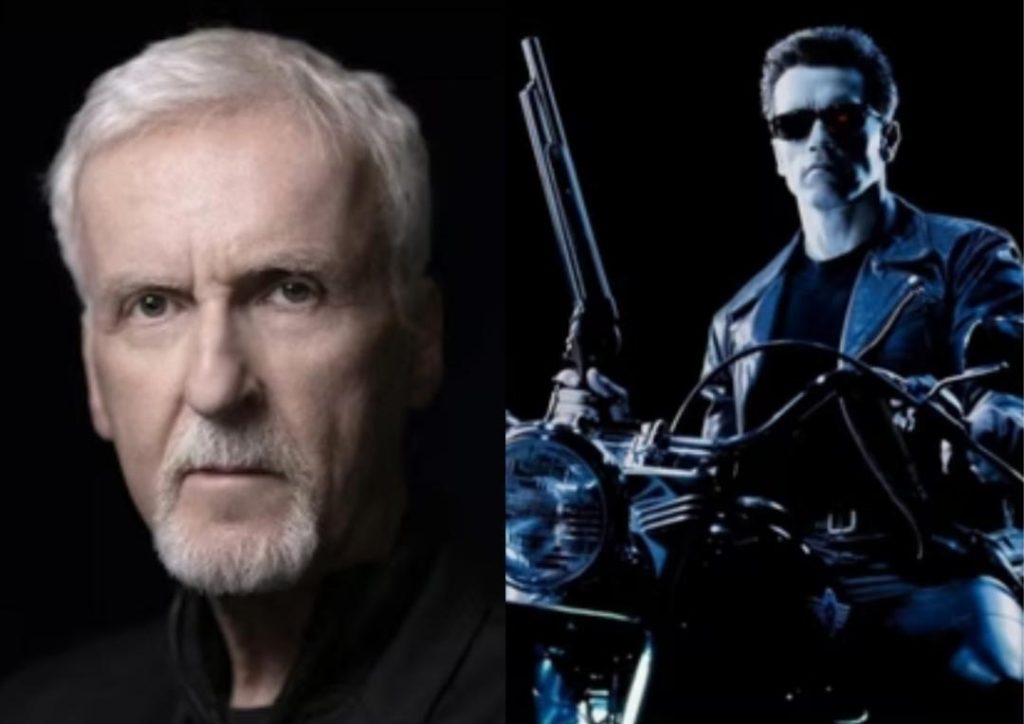
AI may lead to ‘Terminator’-style apocalypse: James Cameron
In a recent interview, filmmaker James Cameron has raised concerns about the dangers of combining Artificial Intelligence (AI) with weaponry, warning of a potential “Terminator”-style apocalypse. Cameron, known for his iconic sci-fi films like “The Terminator” and “Avatar”, has been vocal about the importance of human involvement in AI decision-making. However, he also acknowledges that humans are fallible and have led to incidents of destruction in the past.
Cameron’s warning comes at a time when AI is increasingly being integrated into various aspects of modern life, including military technology. The development of autonomous weapons, also known as “killer robots”, has sparked debates about the ethics and consequences of relying on AI to make decisions regarding life and death.
In the interview, Cameron emphasized the need for humans to be involved in AI decision-making, stating, “I do think there’s still a danger of a ‘Terminator’-style apocalypse where you put AI together with weapons systems.” He cautioned that AI systems, without human oversight, could lead to catastrophic consequences, echoing the plot of his own film “The Terminator”, where a robot is sent back in time to kill the future leader of the human resistance.
Cameron’s concerns are not unfounded. The development of autonomous weapons has been accelerated by advancements in AI, robotics, and machine learning. These weapons can select and engage targets without human intervention, raising questions about accountability, transparency, and the potential for unintended consequences.
Moreover, the increasing reliance on AI in military technology has raised concerns about the potential for bias and discrimination. AI systems can perpetuate existing biases and prejudices, leading to unfair and disproportionate targeting of certain groups. This has serious implications for international humanitarian law and human rights.
Cameron’s warning is not limited to the military sector. He also emphasized the need for human involvement in AI decision-making in other areas, such as healthcare and finance. He noted that AI systems are only as good as the data they are trained on, and that humans are necessary to ensure that AI systems are fair, transparent, and accountable.
The importance of human involvement in AI decision-making is a theme that has been echoed by other experts in the field. Dr. Stuart Russell, a leading AI researcher, has argued that AI systems should be designed to be transparent, explainable, and accountable, with human oversight and intervention whenever necessary.
However, Cameron also acknowledged that humans are fallible and have led to incidents of destruction in the past. This is a sobering reminder of the need for continued vigilance and oversight in the development and deployment of AI systems.
In conclusion, James Cameron’s warning about the dangers of combining AI with weaponry is a timely and important reminder of the need for human involvement in AI decision-making. As AI continues to transform various aspects of modern life, it is essential that we prioritize transparency, accountability, and oversight to ensure that AI systems are used in a way that benefits humanity, rather than leading to catastrophic consequences.
Source:






